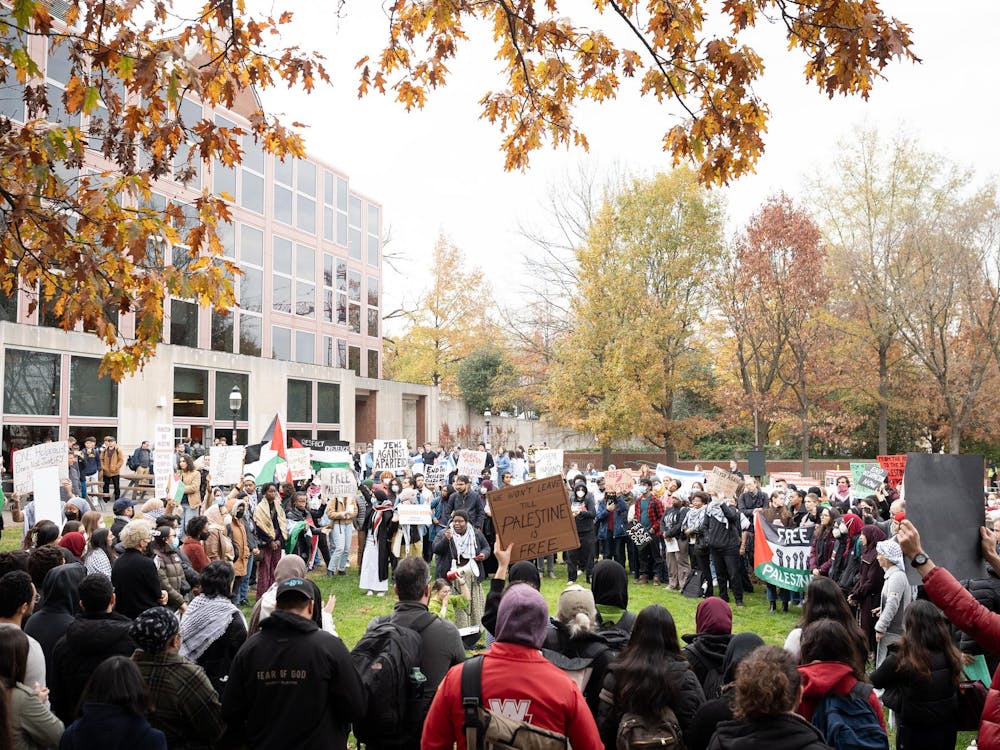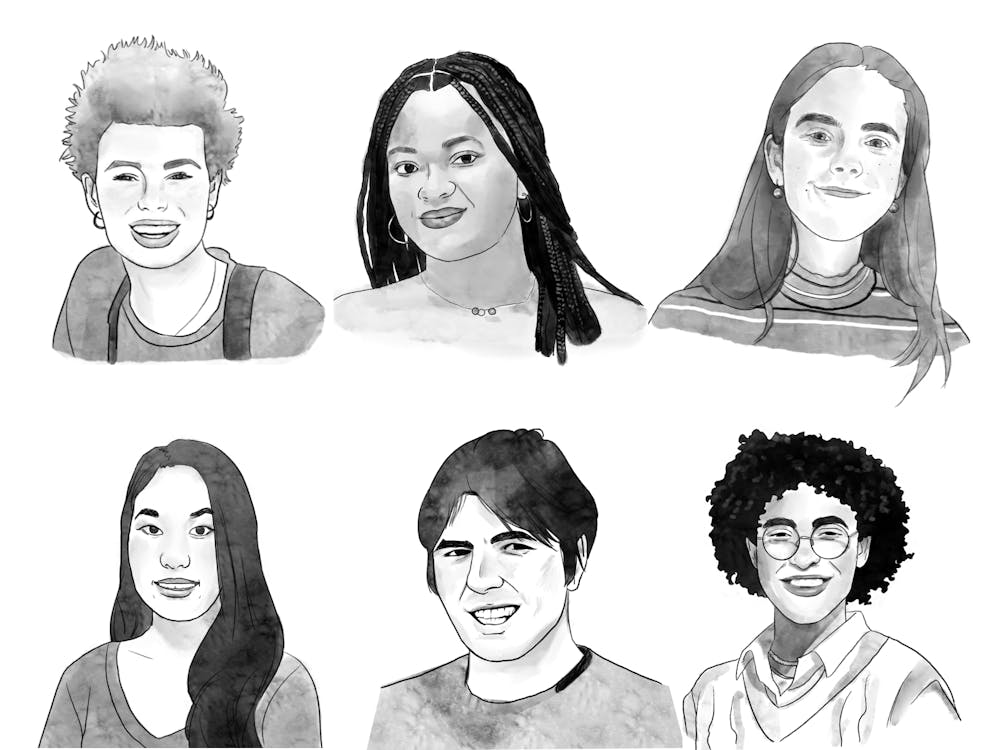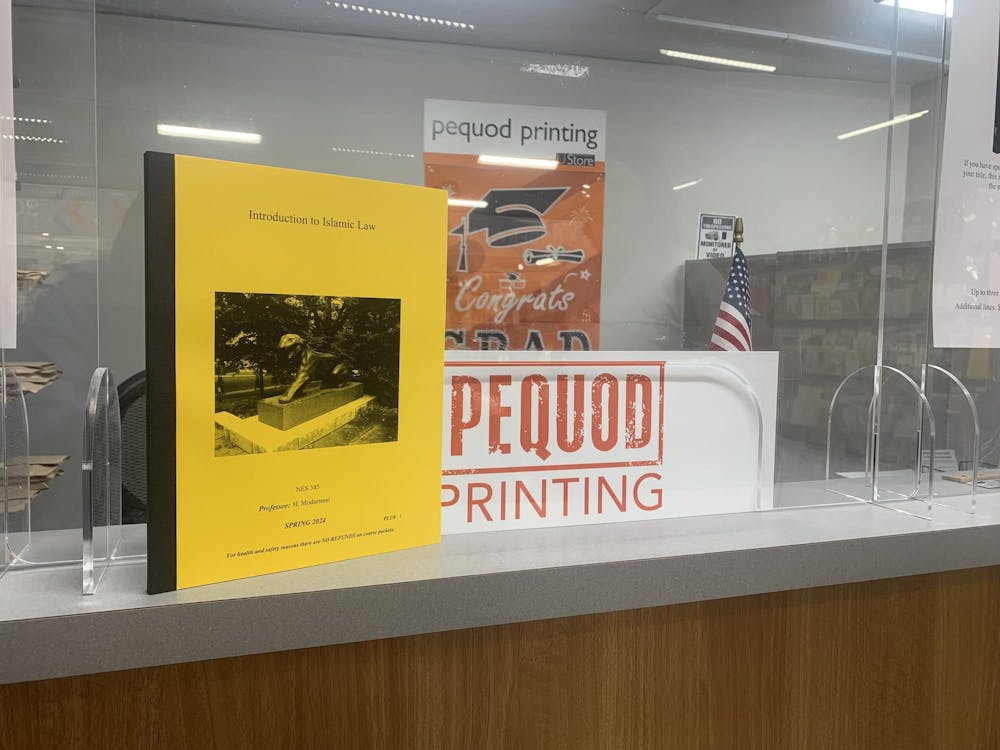“I swear I’m not homophobic,” a student said defensively at dinner the other day. “I mean, some of my best friends are gay,” he continued. Having just heard the insensitive remark he had made moments before, I didn’t know what to believe.
To an extent, the purpose of his assertion made sense. After all, at a university where levels of image and self-identity are prized and therefore vehemently protected and monitored, no student wants to be called a bigot by his peers. However, his statement sounded a lot like the phrase “not to sound offensive or anything,” a common excuse for saying something that is irrefutably offensive. When we’re called out for being prejudiced, statements like these show that we don’t hold ourselves accountable for the things we say and perhaps even the ideas we subscribe to. Even more so, it shows how far we still have to go on the road to acceptance.
When I heard the student say this at dinner, I found myself to be the only one taken aback by his statement. Whipping out the fact that his friend group included people from the LGBTQIA community as justification for the fairly offensive comment he made beforehand still seemed like discrimination to me. While this most likely was not his intent, it reflected the culture that still prevails today — an underlying insensitivity covered up by the appearance of acceptance. While his statement may have seemed harmless enough, we have to remember that no person ever signs up to be the token gay friend, or the token black friend, or the token female friend. Pulling out characteristics of people, like playing cards, for one’s own benefit is simply using them to feel at peace with the possibility of one’s own prejudice. It is merely an example of homoexoticism: exoticizing gay people as a platform to make insensitive comments in order to view them in a different light that is nonetheless offensive.
In the 1970s, when policies regarding underrepresentation of historically privileged groups and affirmative action were being discussed and implemented, the definition for discrimination was extended to include the concept of reverse discrimination — the act of favoring individuals belonging to historically disadvantaged and discriminated against groups. However, in the simplest sense, discrimination, to me, is the act of putting people “in their place” and deciding exactly what “place” that is.
For example, the term, “gay best friend,” coined and popularized by social media, has glamorized and exoticized the value of having homosexual friends compared to heterosexual friends. I find this phenomenon to be incredibly offensive because behind its illusion of acceptance, it forces people into a restricted niche beyond which any real personality or value system they have to contribute is not only unexpected, but to an extent, unwelcome.
A friend once stopped me to draw my attention to a gay couple holding hands and said, “Wait, that’s so cute.” At first, I brushed it off as admiration for a public display of affection; however, I wondered if she would make a similar comment about a heterosexual couple holding hands. Would she have stopped me to take notice of an opposite-sex couple’s moment of romance as she had in this instance?
In the modern context, words like “cute” and “adorable” often refer to things that entertain us with their vulnerability, and in this way, our comments have begun to have patronizing undertones. Therefore, when we use these to characterize a homosexual individual’s relationship, it is almost as if we are delegitimizing it, since “cute” and “adorable” describe things that we rarely take seriously. In a sense, by saying these words, we show how we have transitioned from a period of homophobia to one of what I call homoexoticism: acknowledging and applauding homosexuality for what we perceive as its unconventionality. However, neither homophobia nor homoexoticism is even close to true acceptance. True acceptance entails approaching people with non-mainstream sexual orientations or gender identities in the same way we would approach someone who is heterosexual.
Even though I’ve heard students make homoexoticizing comments on campus, I do believe that the University and its student body have made exceptional strides with regard to the LGBTQIA movement. After all, just this past Sunday, students gathered for the memorial ceremony on the New Jersey Statewide Trans Day of Remembrance to honor those who had been killed due to anti-transgender hatred and violence. A little more than a month ago, the Lesbian Gay Bisexual Transgender Center released a video to commemorate National Coming Out Day — a day that marks the anniversary of the National March on Washington for Lesbian and Gay Rights and continues to celebrate those who have come out as LGBT or to join the community as a straight ally.
Despite these services that reflect the potential and solidarity of the student body, and the on-campus presence of institutions such as the LGBT Center, there is still so much personal work that each student must do, beyond the scope of what these events can do for them. Unless this happens, we will continue to find ourselves enabling a form of discrimination that our generation has conveniently fashioned in order to exonerate ourselves from any blame.
Isabella Gomes is an ecology and evolutionary biology major from Irvine, Calif. She can be reached at igomes@princeton.edu.







